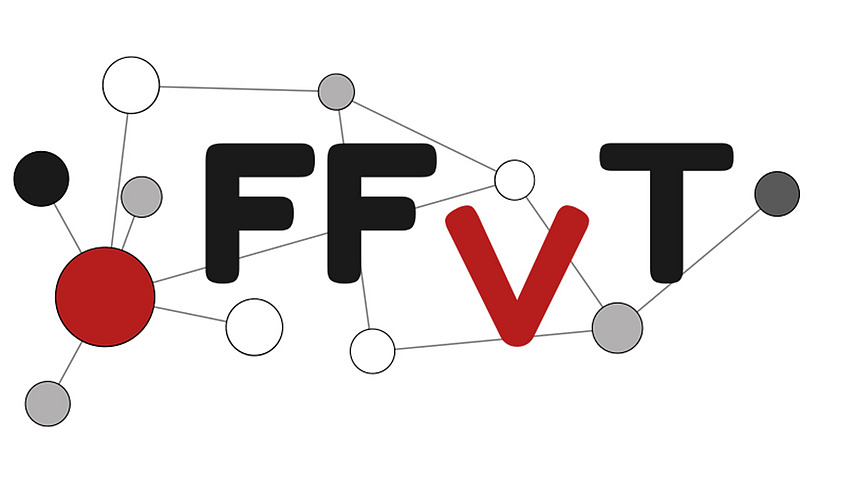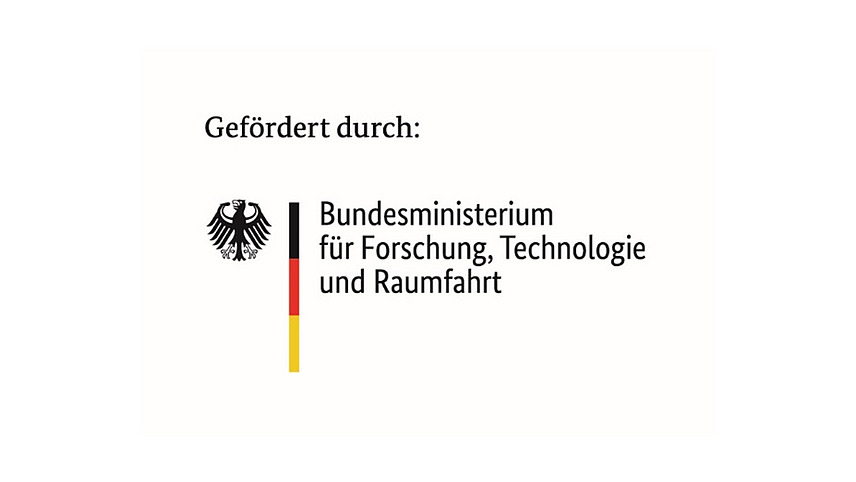Forced Migration and Refugee Studies: Networking and Knowledge Transfer (FFVT)
Funding: Federal Ministry of Research, Technology and Space (BMFTR)
Duration Phase I: January 2020 to December 2024
Duration Phase II: January 2025 to December 2029
Joint project of IMIS together with the Bonn International Center for Conversion (BICC) (Prof. Dr. Conrad Schetter) and the Centre for Human Rights Erlangen-Nürnberg (CHREN) at the University of Erlangen-Nürnberg (Prof. Dr. Petra Bendel)
Project Lead at IMIS (Phase II): Prof. Dr. Christine Lang, Prof. Dr. Jochen Oltmer and Prof. Dr. Andreas Pott
Coordination at IMIS: Dr. Franck Düvell
The project Forced Migration and Refugee Studies: Networking and Knowledge Transfer (FFVT) is a collaboration between three renowned institutes whose aim it is to sustainably strengthen interdisciplinary forced migration and refugee studies in Germany. At its core, FFVT is committed to promoting internationalisation and diversity in the academic engagement with forced migration and displacement.
In its second funding phase, FFVT builds on the success of its predecessor project FFT and can look back on a long and successful trajectory. FFVT brings together leading scholars from Germany and abroad—through the organisation of conferences, the hosting of fellows and the promotion of academic cooperation.
The project also makes research findings accessible to a wider public through various media formats, thereby contributing to informed societal debates.
To foster academic exchange, networking and collaboration, FFVT organises a wide range of workshops. More than 750 researchers from different disciplines from over 46 countries have participated in FFVT events. In addition, FFVT regularly hosts large international conferences in the field of forced migration and refugee studies, most recently in 2024 for the German Network for Forced Migration Studies (Netzwerk Fluchtforschung). The project also hosts international researchers at its institutes, bringing new expertise and underrepresented perspectives to Germany. These networking activities frequently lead to successful applications for innovative research projects. FFVT's work is recognised across borders, and today, the project actively contributes to shaping major global networks, such as the International Migration Research Network (IMISCOE) and the International Association for the Study of Forced Migration (IASFM).
To support early-career researchers and ensure the long-term development of forced migration and refugee studies in Germany, FFVT promotes cooperation and networking among forced migration-related master’s programmes at German universities. It also provides a comprehensive overview of study opportunities for prospective students. A biennial international Summer School at Nuremberg Castle and a steadily growing alumni network contribute sustainably to capacity building. Furthermore, FFVT strengthens the integration of early-career researchers into international structures through active exchange with international partners.
FFVT members and cooperating experts maintain regular dialogue with journalists and policymakers. The FFVT website serves as a hub for evidence-based information, offering tools such as the research network and the Ukraine Information Hub. In addition, FFVT publishes the annual global refugee report (Report Globale Flucht, in German), which has quickly established itself as a key reference point for the media, politics and the wider public on one of today’s most pressing issues. The project also maintains a strong presence on social media and offers public debate formats such as “FFVT-on point”.
With its diverse activities, FFVT contributes to establishing a sustainable infrastructure for forced migration and refugee research in Germany, enabling excellent, practice-oriented and impactful academic work.
Das Projekt schließt an die Aktivitäten des Projekts ›Flucht: Forschung und Transfer‹ (2016 bis 2019) an und befindet sich in der zweiten Förderphase.
The project follows on from the activities of the project ‘Refugees: Research and Transfer’ (2016 to 2019) and is currently in its second funding phase.

